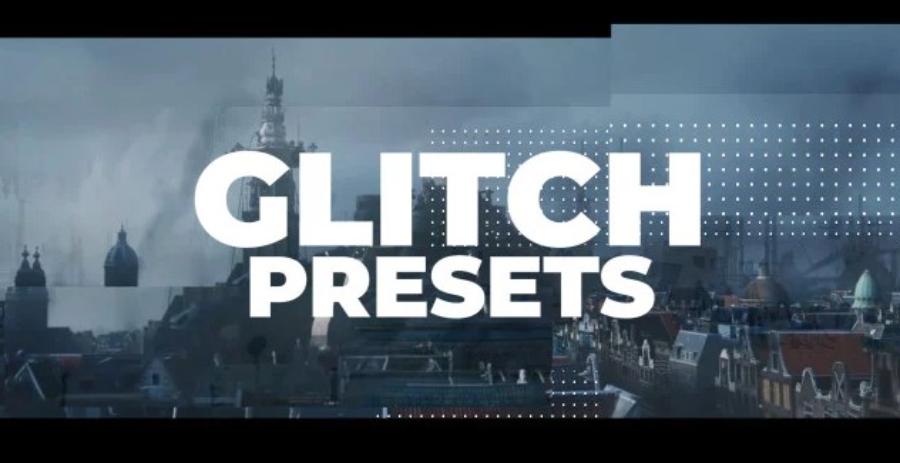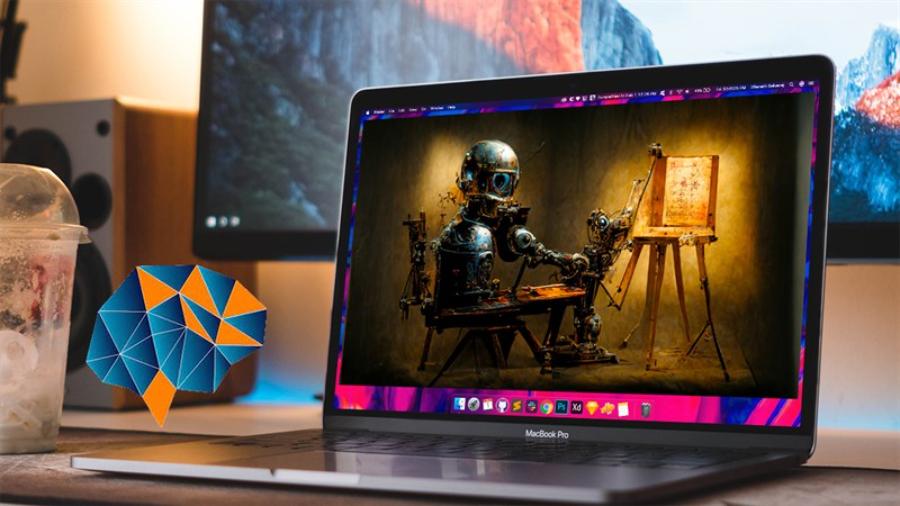Best Selling Products
Discover Pop Art: Definition and Secrets to Creating Impressive Pop Art
Nội dung
- 1. Find out what Pop Art is?
- 2. Characteristics of Pop Art
- 2.1. Public image
- 2.2. Bright colors
- 2.3. Using printing techniques
- 2.4. The fusion of high art and popular culture
- 3. Why Pop Art is still popular today
- 3.1 Closeness to life
- 3.2 New and innovative approaches
- 3.3 Accessibility
- 4. Tips for making impressive Pop Art
- 4.1. Choose recognizable images
- 4.2. Use bright and contrasting colors
- 4.3. Simplify the image
- 4.4. Use printing or hand drawing techniques
- 4.5. Explore themes from popular culture
- 4.6. Play with proportions and sizes
- 5. Conclusion
Discover what Pop Art is and tips to help you create impressive Pop Art works. Learn about the characteristics of Pop Art and how to apply this style to your art creation.

1. Find out what Pop Art is?
Pop Art is an art movement that originated in England in the late 1950s and quickly spread to the United States in the 1960s. With prominent characteristics such as using images from popular culture, advertising, media and common objects, Pop Art blurred the line between high art and popular art.
.jpg)
The movement was seen as a reaction to the abstraction of earlier modern art, particularly Abstract Expressionism. Pop artists used images from recognizable elements of everyday life, such as fast food, famous people, or brand logos.
One of the most iconic artists of this movement was Andy Warhol, who was famous for his paintings of images of consumer products such as Campbell's soup cans, images of Marilyn Monroe, and paintings of other pop culture icons.
2. Characteristics of Pop Art
Pop Art, a prominent 20th-century art movement, was characterized by the use of popular images and popular cultural elements from everyday life.
2.1. Public image
One of the most recognizable characteristics of Pop Art is its use of images from popular culture. These images are often commercial or popular, ranging from celebrities like Elvis Presley and Marilyn Monroe to consumer products like Coca-Cola cans and record covers. Pop Art artists used these images not only to portray reality but also to challenge traditional artistic values.
2.2. Bright colors
Pop Art, a prominent 20th-century art movement, is known for its use of bright, vibrant colors. Artists in this style often used vibrant colors such as red, yellow, green, and blue to create strong contrasts that attract the viewer's attention.
.jpg)
The colors in Pop Art are not only decorative but also express innovation and optimism, reflecting popular culture and contemporary life. It is thanks to the bold use of colors that Pop Art has become a symbol of creativity and innovation in modern art.
2.3. Using printing techniques
Pop Art is an art movement that is notable for its use of printmaking as a primary creative medium, which sets it apart from traditional art styles. This technique allows artists to reproduce images from everyday life, especially from popular culture, such as advertising, comic books, and consumer products, with a high degree of precision and repetition.
The use of printing techniques not only reduced the time of production but also brought a unique visual language, reflecting the intersection between art and industry. This contributed to shaping the identity of Pop Art, making it a symbol of the era of modernization and consumption.
2.4. The fusion of high art and popular culture
Pop Art made no distinction between "high" art and popular culture. While traditional art often emphasized themes such as religion, mythology, or natural scenes, Pop Art expanded the creative range, incorporating commercial and popular imagery, unafraid to reach all audiences.
Through the use of familiar images from everyday life, such as advertisements, comics, or consumer products, Pop Art not only blurred the line between art and life but also deeply reflected contemporary cultural and social aspects. This movement opened a new direction for modern art, creating a fusion between traditional aesthetics and popular values, thereby bringing closeness and unique appeal to the public.
3. Why Pop Art is still popular today
Although it has been around since the 1960s, Pop Art still holds a strong appeal to modern audiences and artists. Some of the reasons why Pop Art is still popular are:
.jpg)
3.1 Closeness to life
Pop Art, one of the most prominent art movements of the 20th century, still retains a strong appeal to the public today thanks to its closeness and realistic reflection of everyday life. By using familiar images from popular culture such as advertisements, comic books, and everyday consumer products, Pop Art not only broke the boundary between high art and popular culture but also created an artistic language that was accessible to all social classes.
The simplicity of form combined with profound messages has helped Pop Art become a timeless art icon, bringing a sense of connection and direct interaction with modern life. This explains why Pop Art always has a firm place in the hearts of art lovers despite the passing of time.
3.2 New and innovative approaches
Pop Art challenged preconceptions about art, encouraged creativity, and embraced elements of popular culture into art. This art movement not only broke with traditional norms, but also brought art closer to everyday life through the use of images and symbols from popular culture and media.
The combination of modern elements, bright colors and bold ideas makes Pop Art a timeless symbol, reflecting the constant changes of society and aesthetic tastes. It is the flexibility and adaptability to each historical period that makes Pop Art's lasting value in contemporary art.
3.3 Accessibility
By using familiar images and symbols in everyday life such as consumer products, famous people or popular culture elements, Pop Art brings a new yet familiar perspective. This not only helps the audience easily sympathize and understand the message but also creates a connection between art and everyday life.
Moreover, the creative style of Pop Art, with its bright colors and unique techniques, has transcended the limits of time to become an indispensable part of contemporary art culture. The combination of aesthetics and practicality has helped Pop Art maintain its value and appeal to the public for decades.
4. Tips for making impressive Pop Art
If you want to try your hand at Pop Art and create some impressive pieces, here are some helpful tips:
.jpg)
4.1. Choose recognizable images
Pop Art is characterized by the use of popular, recognizable images. You can choose images from popular culture such as famous icons, movie characters or popular consumer items. Choose images that you feel your audience will immediately identify with, this will create intimacy and appeal to your audience.
4.2. Use bright and contrasting colors
To make your work stand out, you should use bright colors and strong contrasting colors. Color is an important element in Pop Art, and combining contrasting colors will make your work vivid and impressive.
4.3. Simplify the image
One characteristic of Pop Art is the simplification of images, making them easy to understand and approachable. You don't need to create overly complex images, instead focus on highlighting the characteristic details of the subject you want to draw.
4.4. Use printing or hand drawing techniques
Although printmaking is a common technique in Pop Art, you can also create Pop Art by drawing by hand. You can experiment with different techniques such as watercolor, pen and ink, or even digital tools to create unique effects for your work.
4.5. Explore themes from popular culture
One of the unique features of Pop Art is the combination of art and popular culture. You can take inspiration from media, advertising, movies, music or even fashion trends to create your work.
4.6. Play with proportions and sizes
Pop Art also often plays with the proportions and sizes of its objects. Try making familiar objects appear enlarged or shrunken to surprise and impress the viewer.
5. Conclusion
Pop Art is a unique art movement that changed the way art was viewed in the 20th century. By combining popular culture and art, Pop Art opened up new and exciting ways of creating. Creating Pop Art is not just about recreating famous images, but also about creativity and innovation in expression. Try applying the tips in this article to create impressive Pop Art works of your own.












































